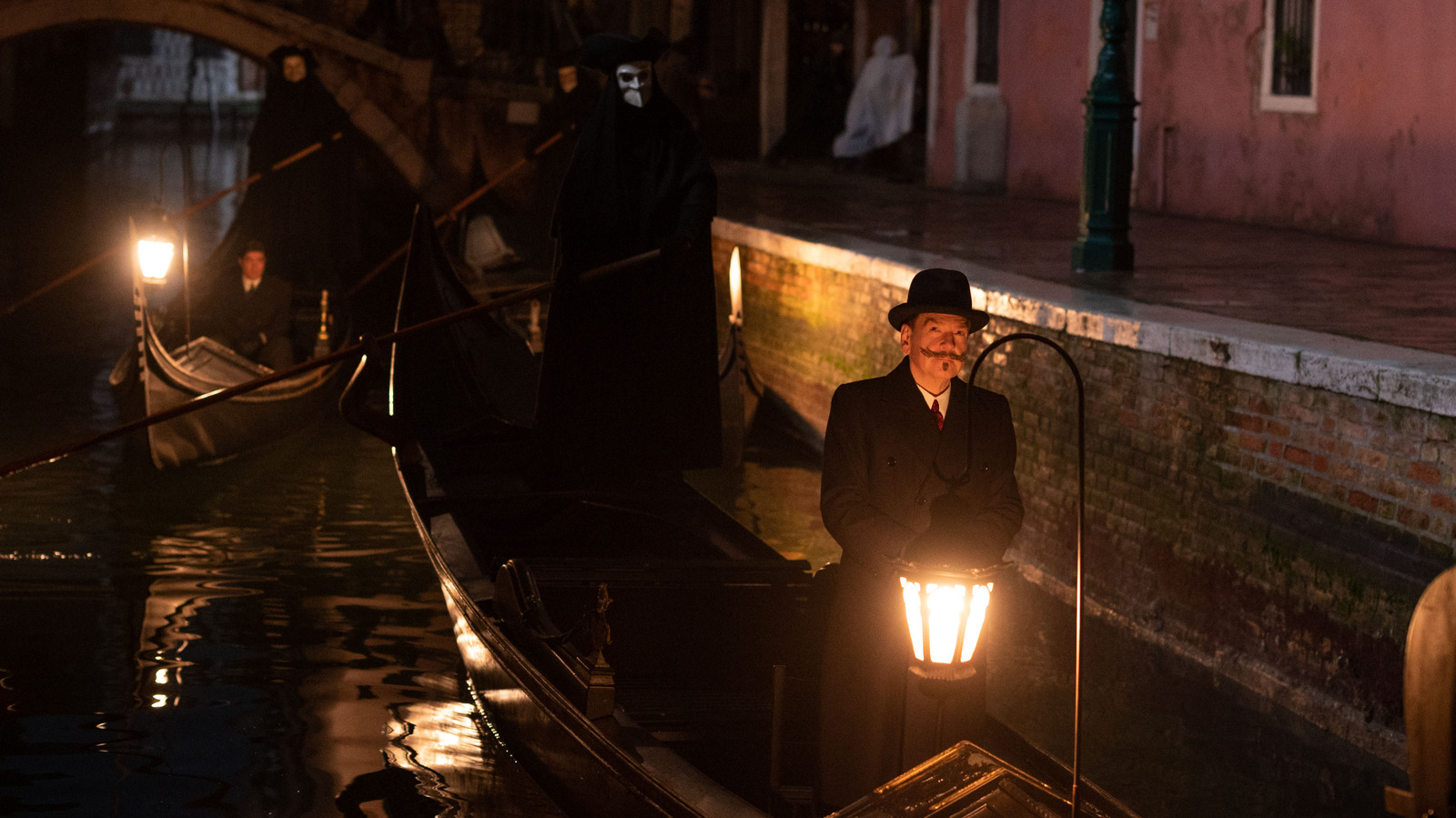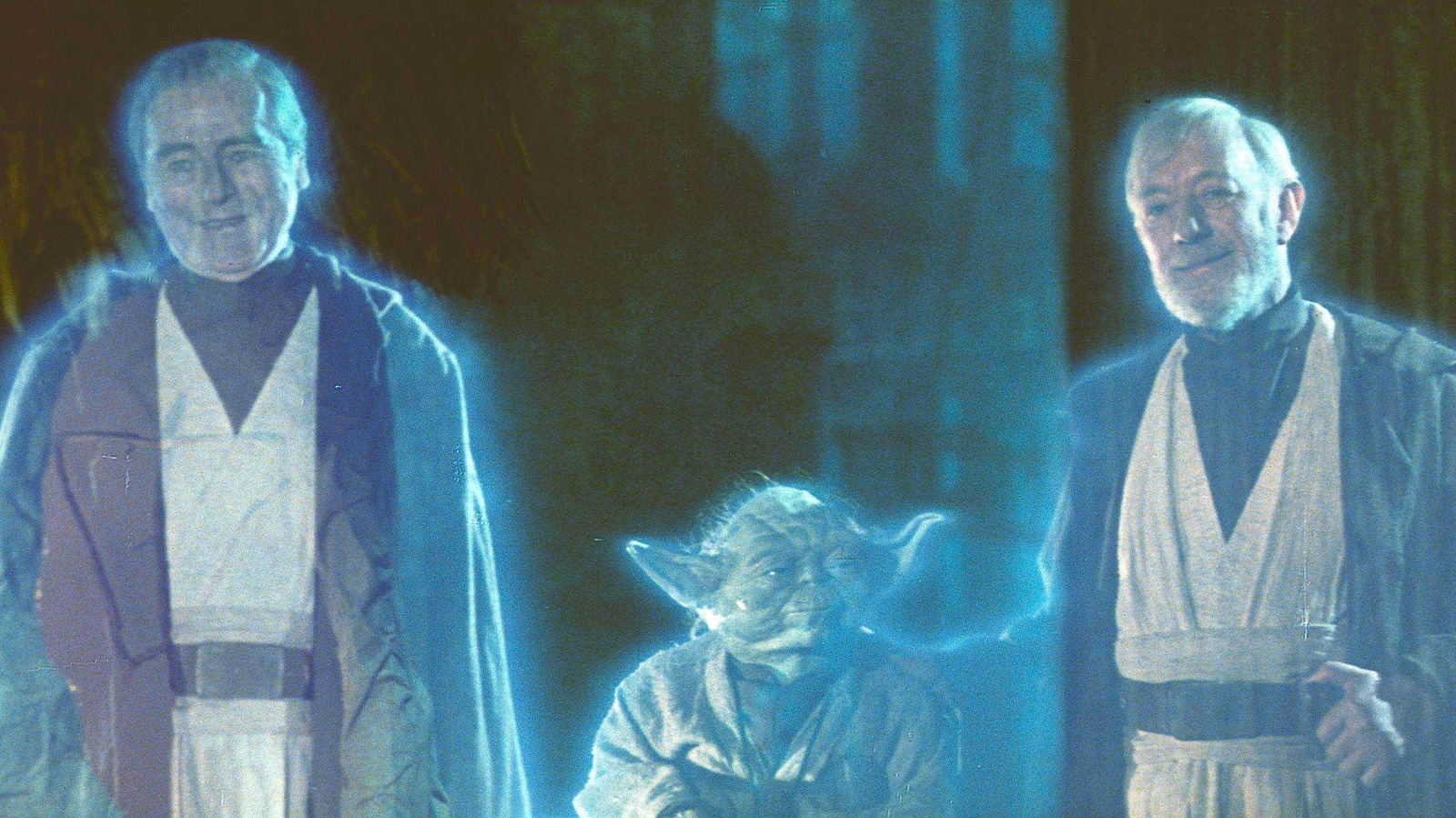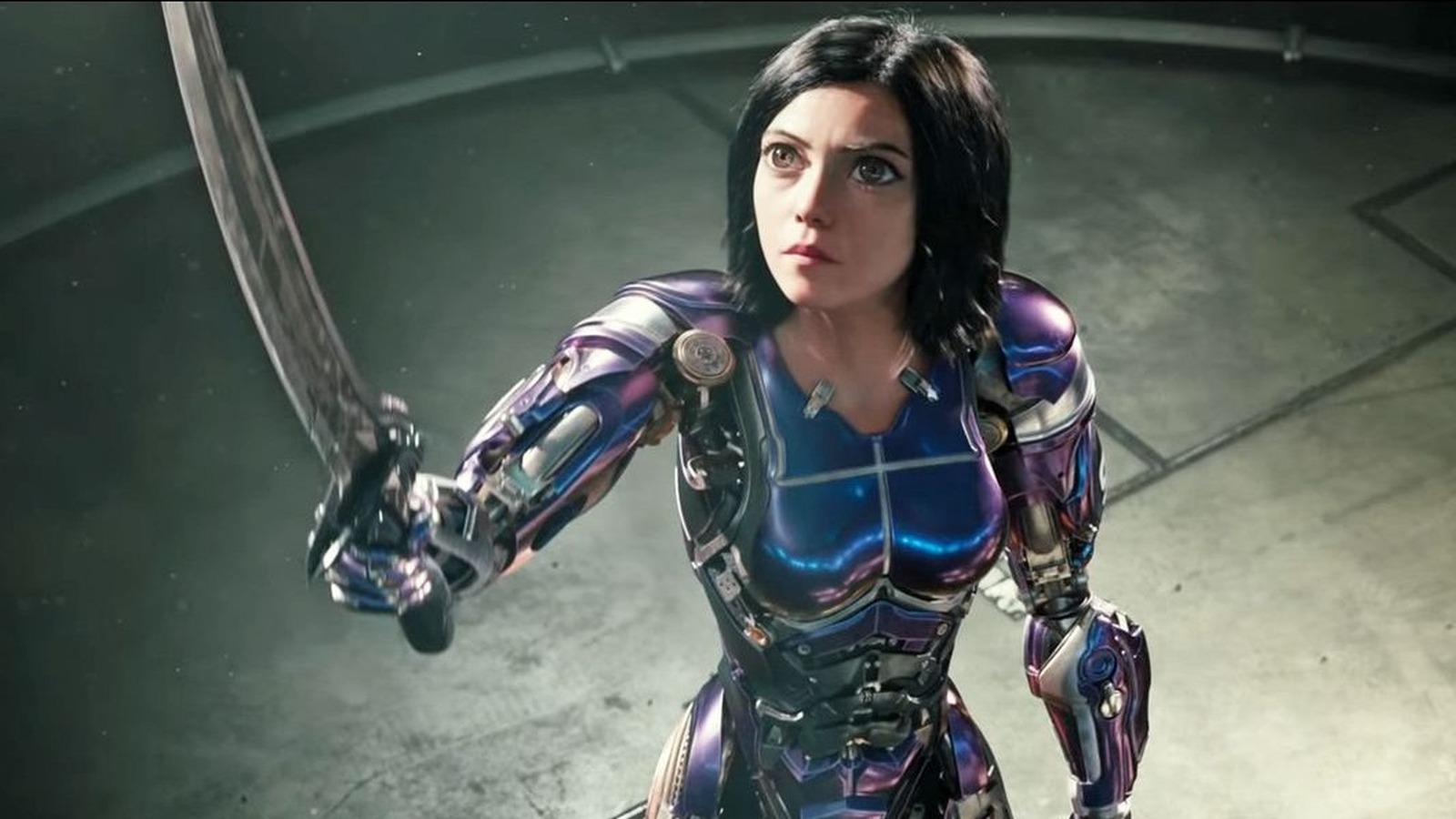

It seems like a rare feat for a studio feature to intentionally confuse its target demographic in a way that doesn’t disappoint viewers, but “A Haunting in Venice” pulls it off from its opening moment. It’s telling that quite a bit of time passes before we’re told why Poirot, a detective who seemingly craves an unsolved murder more than the rest of us need air to breathe, has suddenly abandoned his life’s calling. We’re left to rely on context clues to figure it out for ourselves: the specific time period, our hero’s surprisingly cynical rejection of those who clearly need him, and the gradual teasing from our eclectic cast of characters, whose various backstories are hopelessly intertwined with the devastation of World War II. , which just ended.
We know from the origin story “Death on the Nile” and its unfortunately silly mustache that Poirot is haunted by memories of his service in World War I, but “A Hunting in Venice” deploys a far less jarring and more elegant approach to unspooling our protagonist’s psychology. . While Christie’s novels usually feature a world-renowned genius in an unknown limbo, Branagh’s penchant for uncovering what makes him tick finally breaks through, of all things, with a ghost story. Notably, our ever-rational Poirot’s skepticism about Joyce Reynolds’ (Michelle Yeoh) abilities as a psychic medium does not stem from scientific reasoning. As he finally admits, the mindless cruelty he has witnessed in both war and crime prevents him from believing in the existence of extremes. other At the end of the supernatural spectrum — God.
But religion and even murderers are not important here. Instead, “A Haunting in Venice” presents a more powerful enemy. Wherever Poirot goes, death, suffering and trauma follow.





